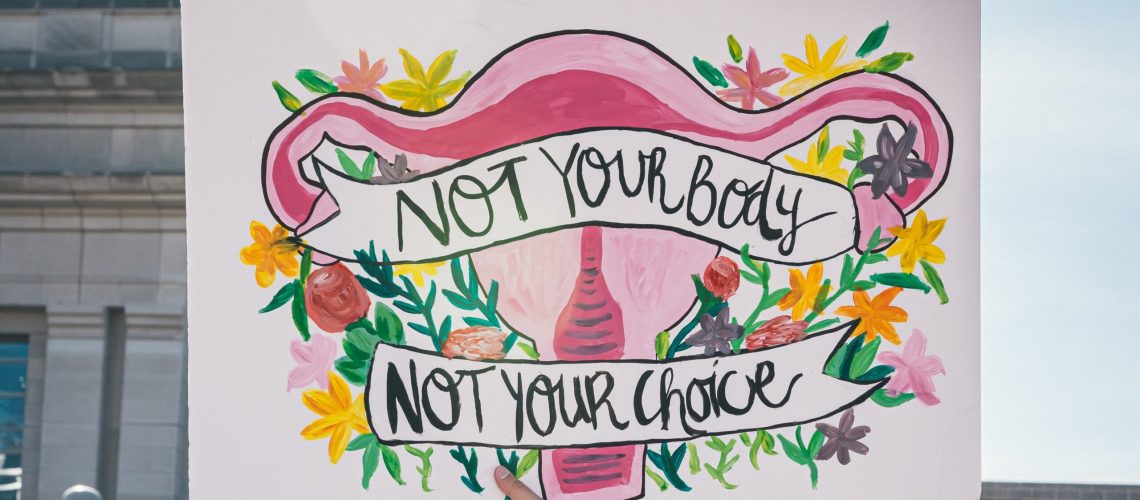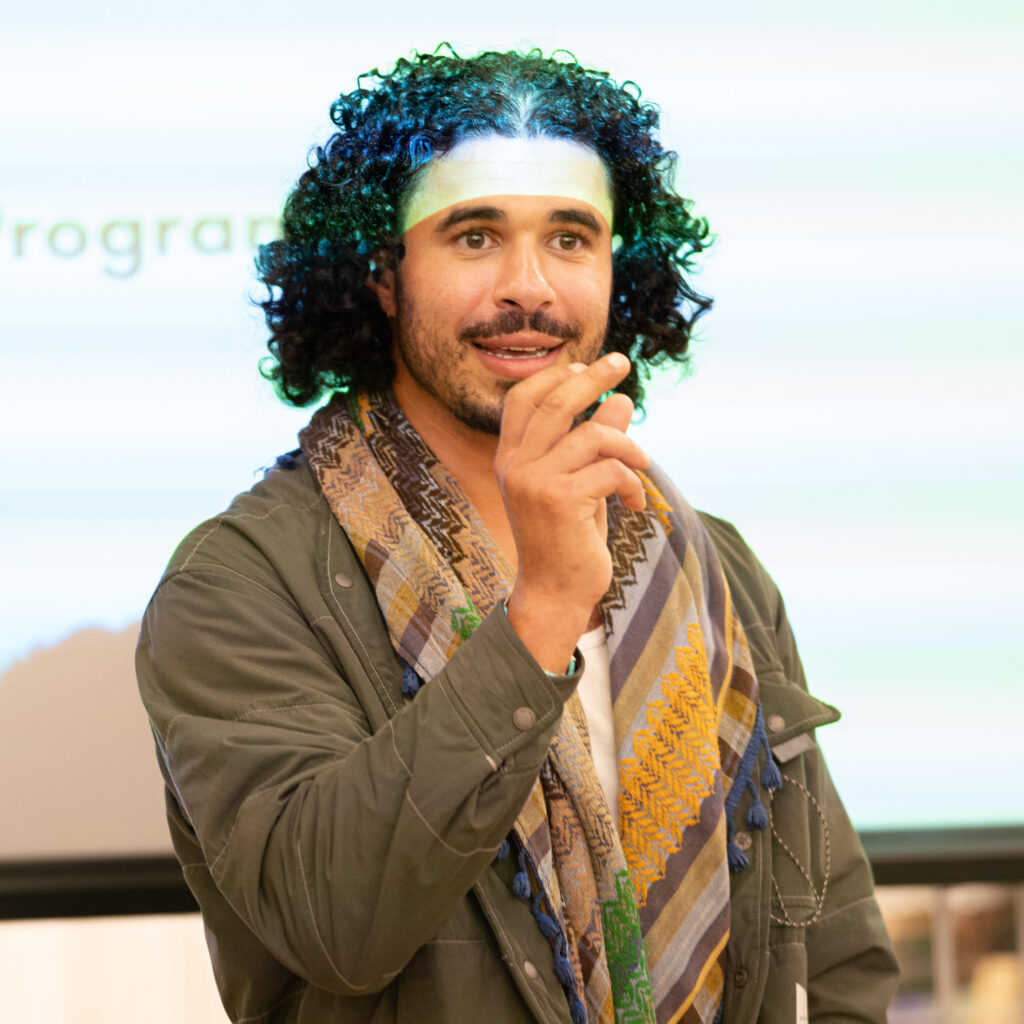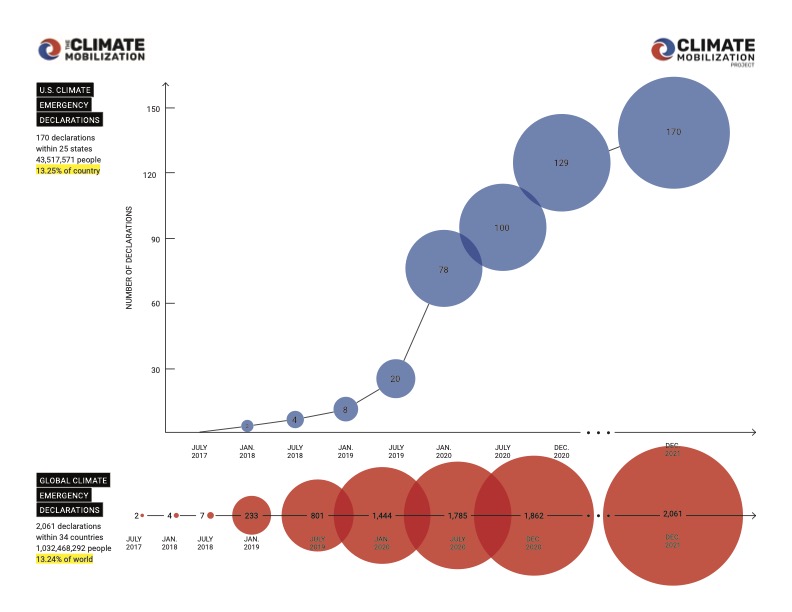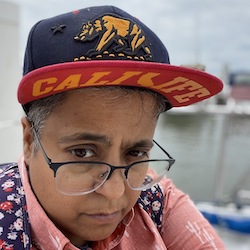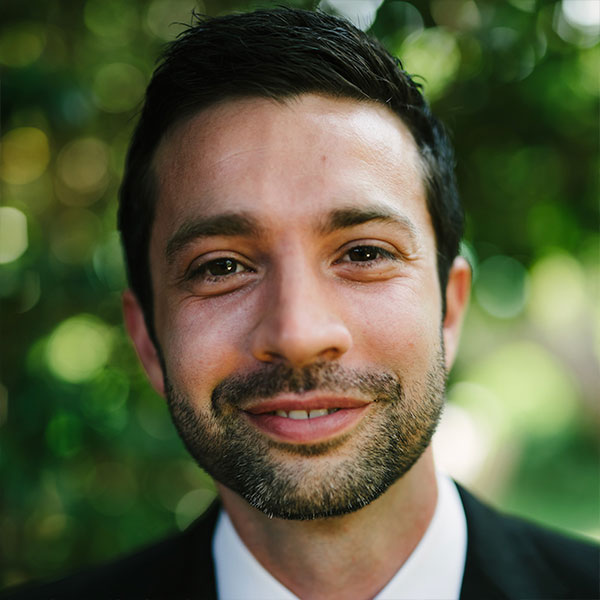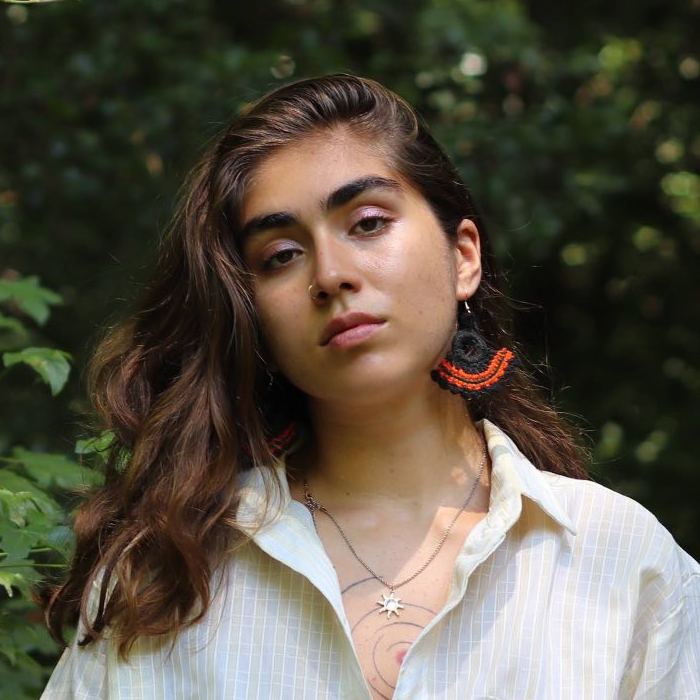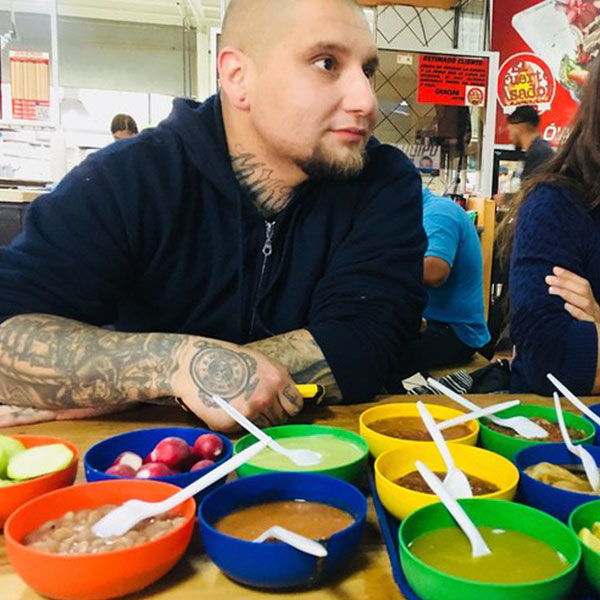For many the connection between climate justice and reproductive justice may seem tenuous, but not for me. My initiation into movement space was as a young reproductive justice advocate in the South and it left a lasting mark. Whether it is fossil fuel companies or the conservative judges on the Supreme Court, there is always a privileged few willing to disproportionately harm whole populations, and the repercussions always hit marginalized communities first and hardest.
Reproductive justice is not just about a woman’s right to choose whether or not to bear a child, but also everything that affects that decision. At the root of the reproductive justice movement is the truth that, in addition to bodily autonomy being a paramount human right, we also live in a world that is, in many places, actively antagonistic towards life. This is only deepened by the climate crisis. It is unethical to demand that child-bearing people give birth whilst also refusing to create a world that is habitable to the children they would give birth to. It is unethical to strip people of what little federal protection they have to obtain an abortion. It is doubly unethical to do so while refusing to pass any credible climate legislation while the Earth is made increasingly uninhabitable in the interests of corporate profit. People have the right to decide what to do with their bodies. And on a planet our governments are allowing to burn (and in many cases literally fueling the fire) it is not only immoral but absurd to try to strip people of that fundamental right.
But anti-choicers, much like climate deniers, are not interested in truth or collective well-being. Anti-choicers, much like climate deniers, are not interested in justice or people’s right to bodily autonomy. Anti-choicers, much like climate deniers, are (often unknowingly) willing to sacrifice their own well-being and human rights for the idea of power.
But we are powerful too. Truly powerful. We are invested in truth, in collective well-being, in justice, and in people’s right to bodily autonomy. And through our intentional interdependence, our communities have insurmountable power. Because we know that we have the human right to decide what happens to us, to our families, and to our communities. We know we have the right to determine our futures, without the tyranny of corporations or power-hungry legislators overriding our decisions. We know these rights are inviolable. And so we know we cannot allow those who would seek to dominate us to strip us of those rights.
We must remember that this decision is not final. The Supreme Court still has an opportunity to heed the pleas of those standing in protest and not finalize their horrendous decision to strip people of their human right to choose what to do with their bodies.
No matter what the Supreme Court decides, we cannot allow those in power to steal our right to determine our own futures. Whether it is our right to bodily autonomy and the right to choose, or our right to a healthy, and thriving Earth that is not being destroyed at the hands of greedy capitalists, we must work together to ensure that our human rights are protected. We must stand in solidarity to ensure that our future and the future of the children we choose to bring into this world are futures worth seeing. We can do it, but we must do it together. And we must do it now.
To quote Toshi Reagon’s Parable of the Sower Opera “There’s a new world coming. …where you gon be standin’ when it comes?”
We must choose to stand together and ensure the new world coming is the one we all deserve.
AriDy Nox
Director of Narrative Strategy
The Climate Mobilization and Climate Mobilization Project

